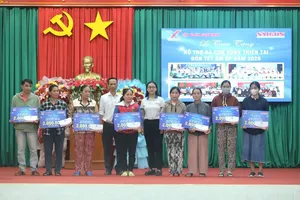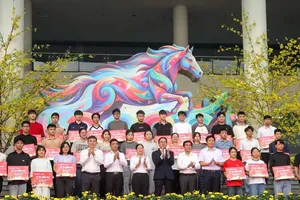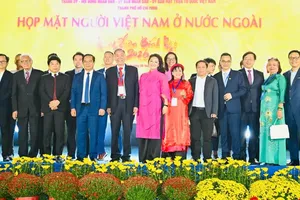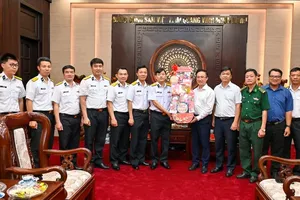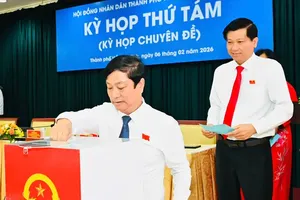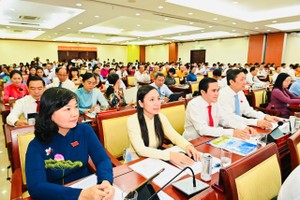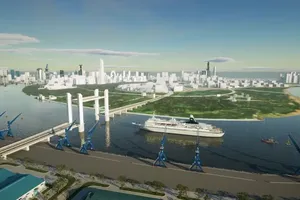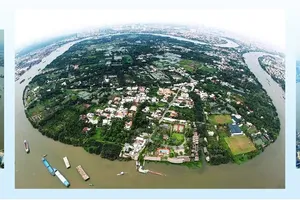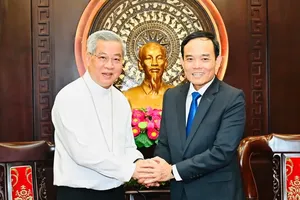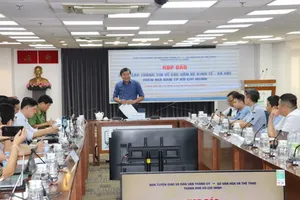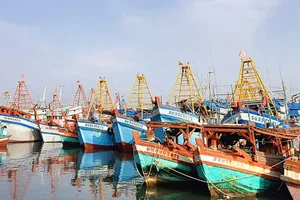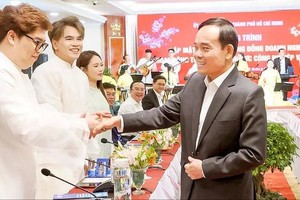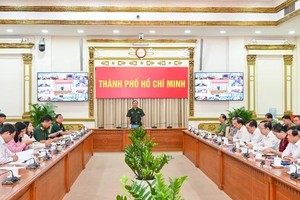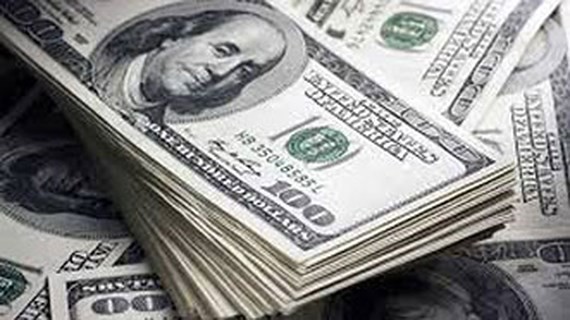
The bank also said remittance recipients changed foreign currency to Vietnam dong thanks to the country’s microeconomic and monetary policy stability. The remittance to HCM City has been rising in recent years gradually, said a leader of the branch.
Meantime, the Ministry of Planning and Investment’s National Center for Socio-Economic Information and Forecast (NCIF), announced that in 2018, the remittance to Vietnam will be under pressure because the world’s economy recovery and international investment source will greatly affect the foreign development investment and the remittance to Vietnam.
Additionally, the remittance to Vietnam will bear the impact of the US President Donald Trump’s anti-immigrant policies and the US FED’s policy on raising the prime interest rate because the US is the biggest source of overseas remittances to Vietnam, accounting for 60 percent
Meantime, interest rate of foreign currency deposit is still low in Vietnam. According to NCIF, FED’s policy on raising the prime interest rate has impacted on currency exchange in the Southeast Asian nation.
The US’ raising prime interest rate has been also one of reasons that state bank decided to set the ceiling dollar deposit interest rate at zero percent ( applied from December 18, 2015) aiming to reduce holding foreign currency amongst Vietnamese residents.

